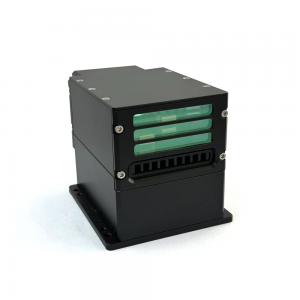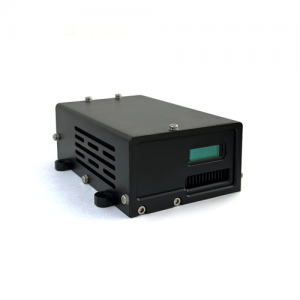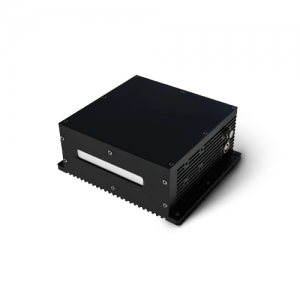As technological advancements surge, traditional methods of infrastructure and railway maintenance are undergoing revolutionary transformations. At the forefront of this change is laser inspection technology, known for its precision, efficiency, and reliability (Smith, 2019). This article delves into the principles of laser inspection, its applications, and how it's shaping our visionary approach to modern infrastructure management.
Principles and Advantages of Laser Inspection Technology
Laser inspection, particularly 3D laser scanning, employs laser beams to measure precise dimensions and shapes of objects or environments, creating highly accurate three-dimensional models (Johnson et al., 2018). Unlike traditional methods, laser technology's non-contact nature allows for rapid, precise data capture without disturbing operational environments (Williams, 2020). Moreover, the integration of advanced AI and deep learning algorithms automates the process from data collection to analysis, significantly enhancing work efficiency and accuracy (Davis & Thompson, 2021).
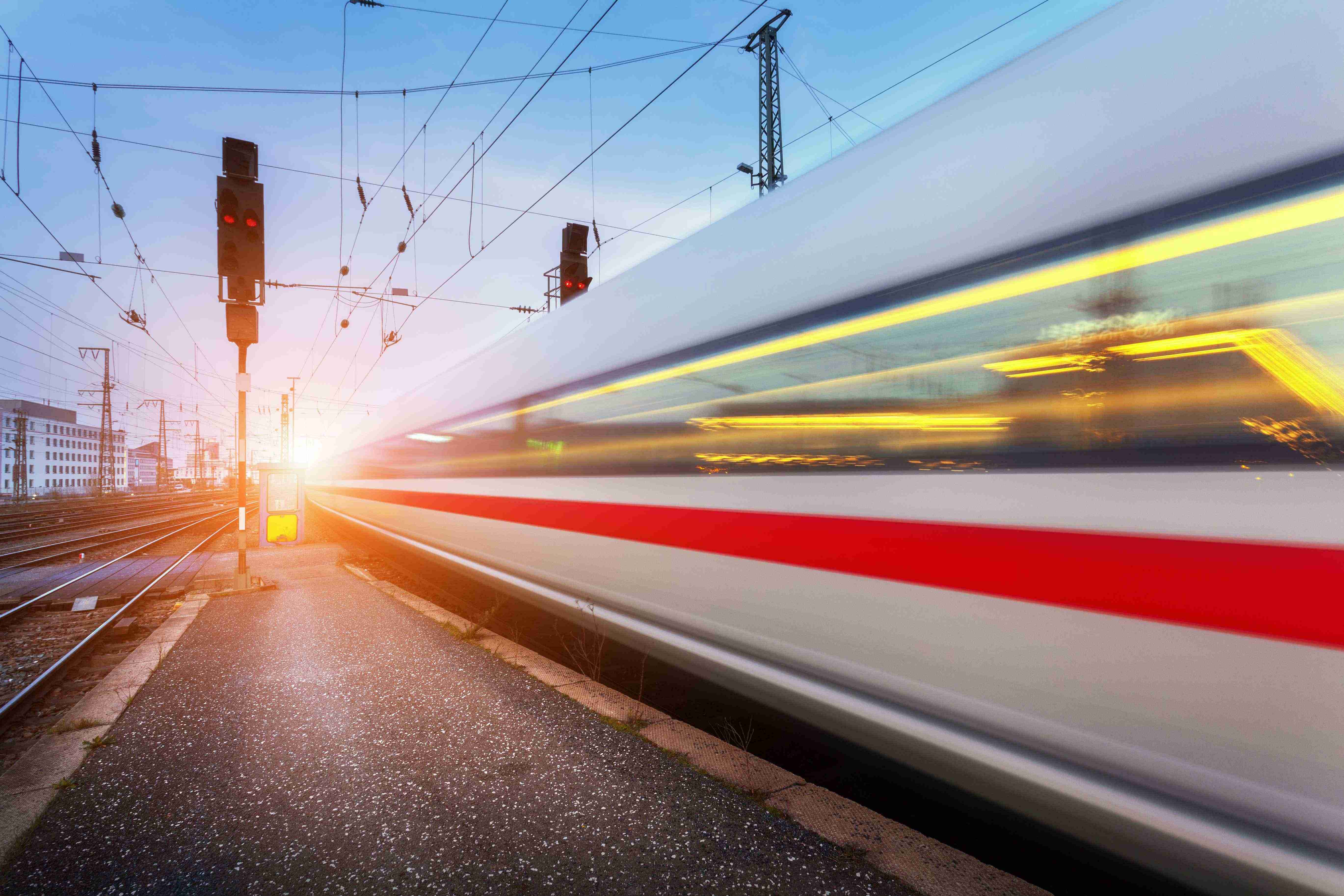
Laser Applications in Railway Maintenance
In the railway sector, laser inspection has emerged as a groundbreaking maintenance tool. Its sophisticated AI algorithms identify standard parameter changes, such as gauge and alignment, and detect potential safety hazards, reducing the need for manual inspections, cutting costs, and boosting the overall safety and reliability of railway systems (Zhao et al., 2020).
Here, the prowess of laser technology shines brightly with the introduction of the WDE004 visual inspection system by Lumispot Technologies. This cutting-edge system, utilizing a semiconductor laser as its light source, boasts an output power of 15-50W and wavelengths of 808nm/915nm/1064nm (Lumispot Technologies, 2022). The system epitomizes integration, combining laser, camera, and power supply, streamlined to detect railway tracks, vehicles, and pantographs efficiently.
What sets the WDE004 apart is its compact design, exemplary heat dissipation, stability, and high operational performance, even under broad temperature ranges (Lumispot Technologies, 2022). Its uniform light spot and high-level integration minimize field commissioning time, a testament to its user-centric innovation. Notably, the system's versatility is evident in its customization options, catering to specific client needs.
Further illustrating its applicability, Lumispot's linear laser system, encompassing structured light source and lighting series, integrates the camera into the laser system, directly benefiting railway inspection and machine vision (Chen, 2021). This innovation is paramount for hub detection on swiftly moving trains under low-light conditions, as proven on the Shenzhou high-speed railway (Yang, 2023).
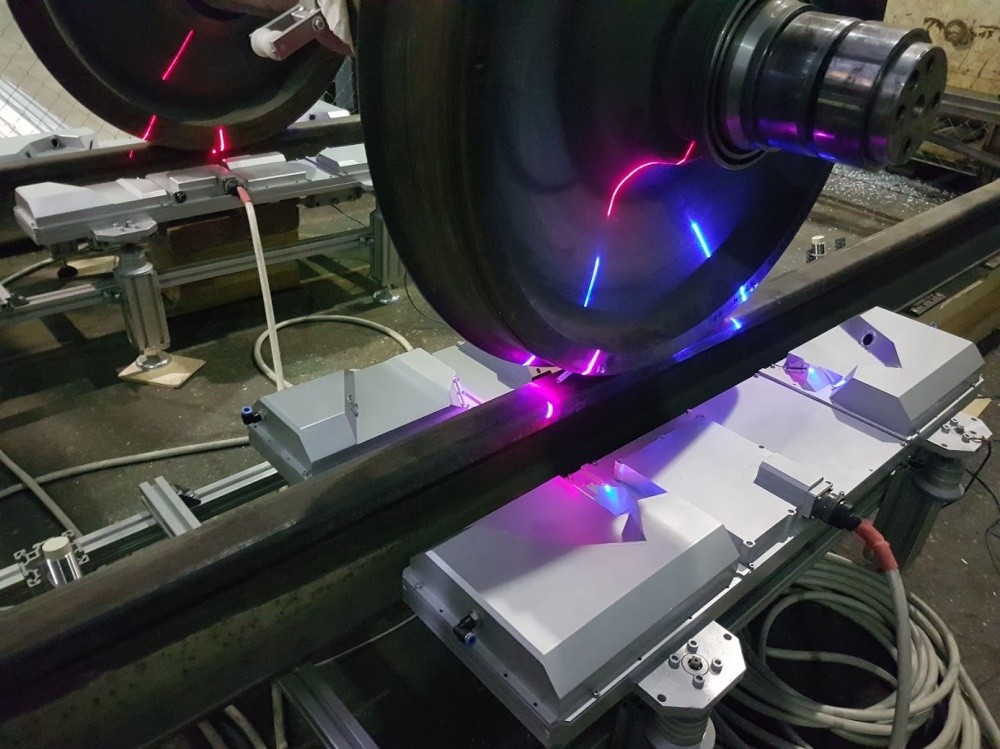
Laser Application Cases in Railway Inspections
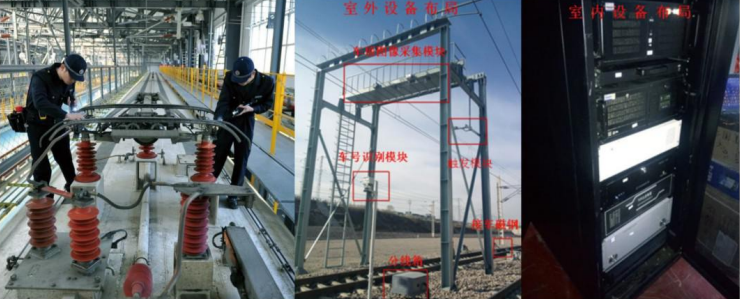
Mechanical Systems | Pantograph and Roof Status Detection
- As illustrated, the line laser and industrial camera can be mounted on the top of the iron frame. When the train passes by, they capture high-definition images of the train's roof and pantograph.
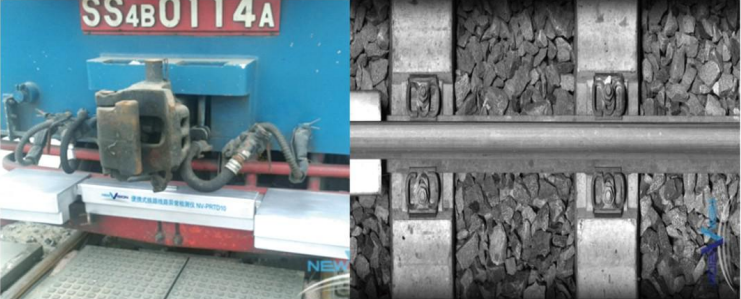
Engineering System | Portable Railway Line Anomaly Detection
- As depicted, the line laser and industrial camera can be mounted on the front of a moving train. As the train advances, they capture high-definition images of the rail tracks.
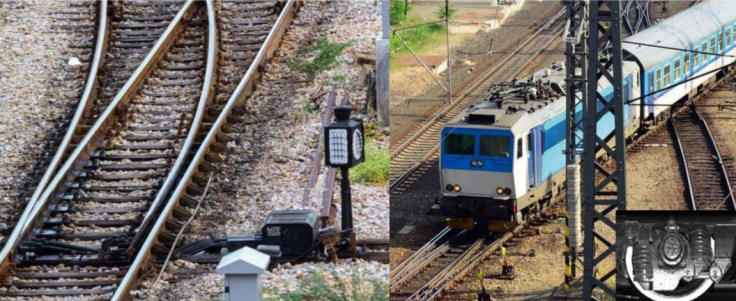
Mechanical Systems | Dynamic Monitoring
- The line laser and industrial camera can be installed on both sides of the rail track. When the train passes, they capture high-definition images of the train wheels.
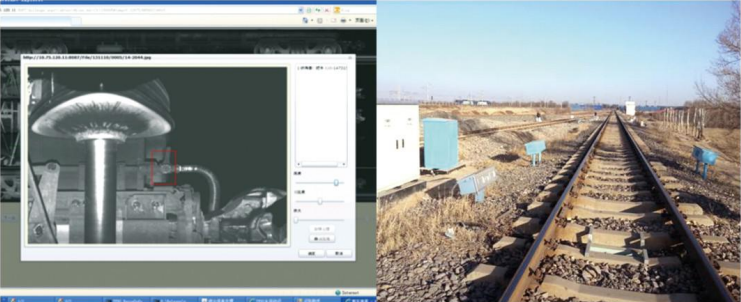
Vehicle System | Automatic Image Recognition and Early Warning System for Freight Car Failures (TFDS)
- As illustrated, the line laser and industrial camera can be installed on both sides of the rail track. When the freight car passes, they capture high-definition images of the freight car wheels.
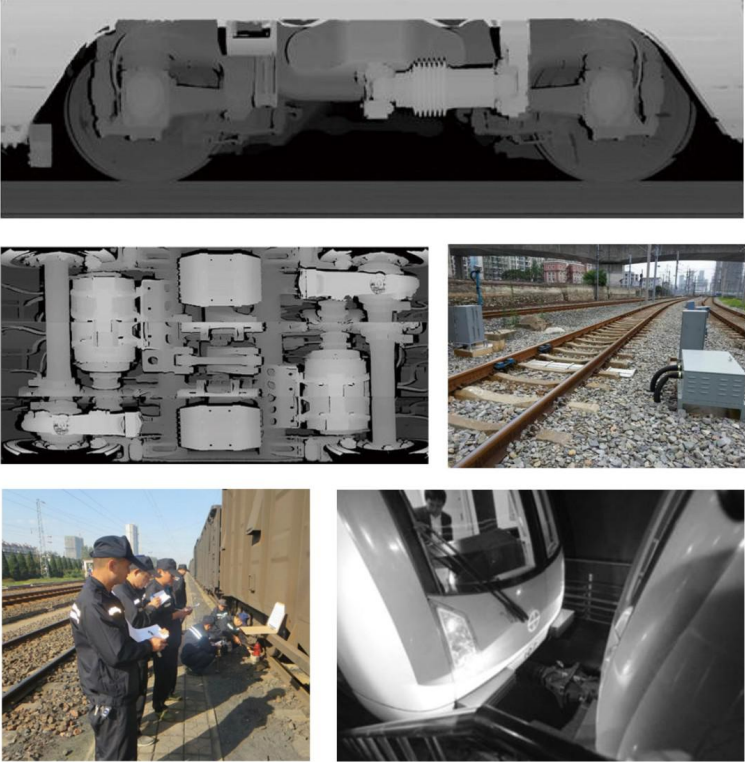
High-speed Train Operational Failure Dynamic Image Detection System-3D
- As depicted, the line laser and industrial camera can be mounted on the inside of the rail track and on both sides of the rail track. When the train passes, they capture high-definition images of the train's wheels and the underside of the train.

